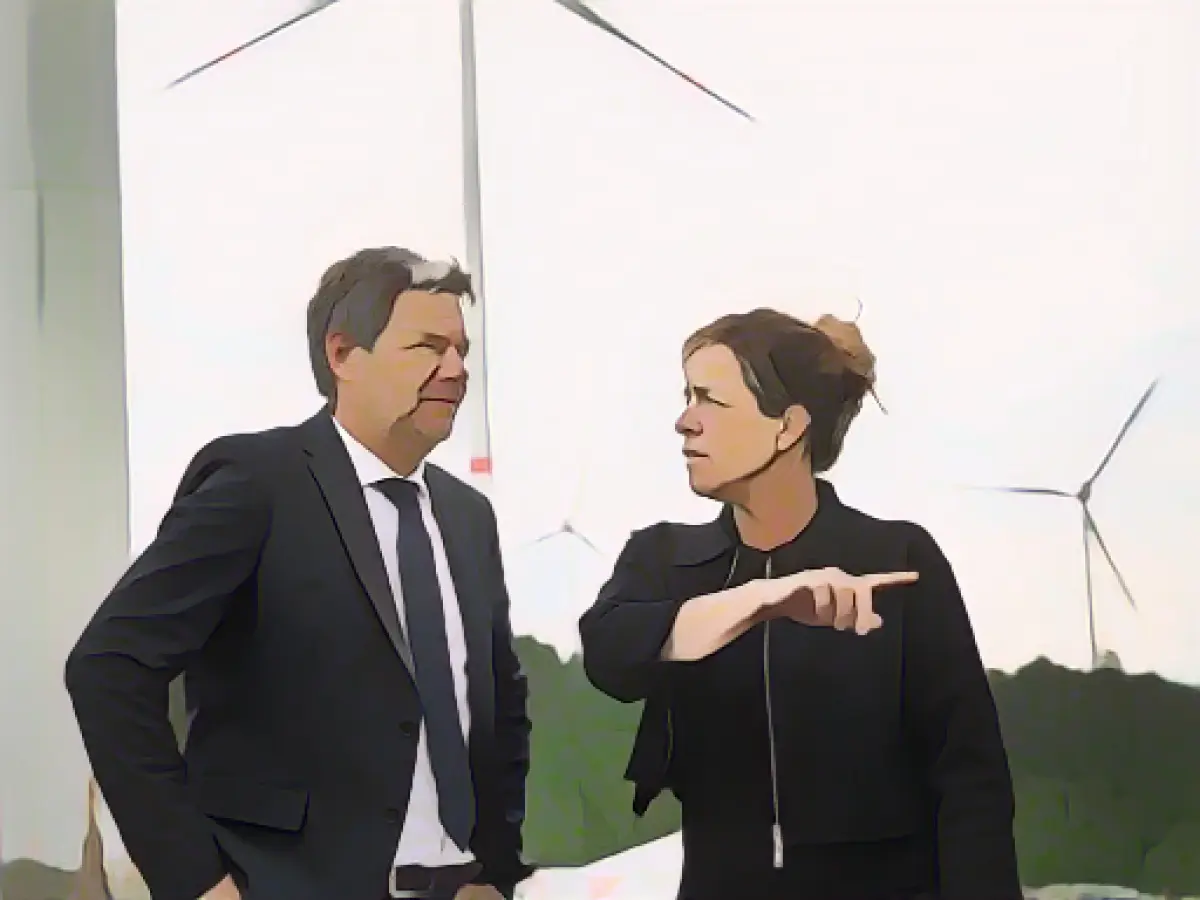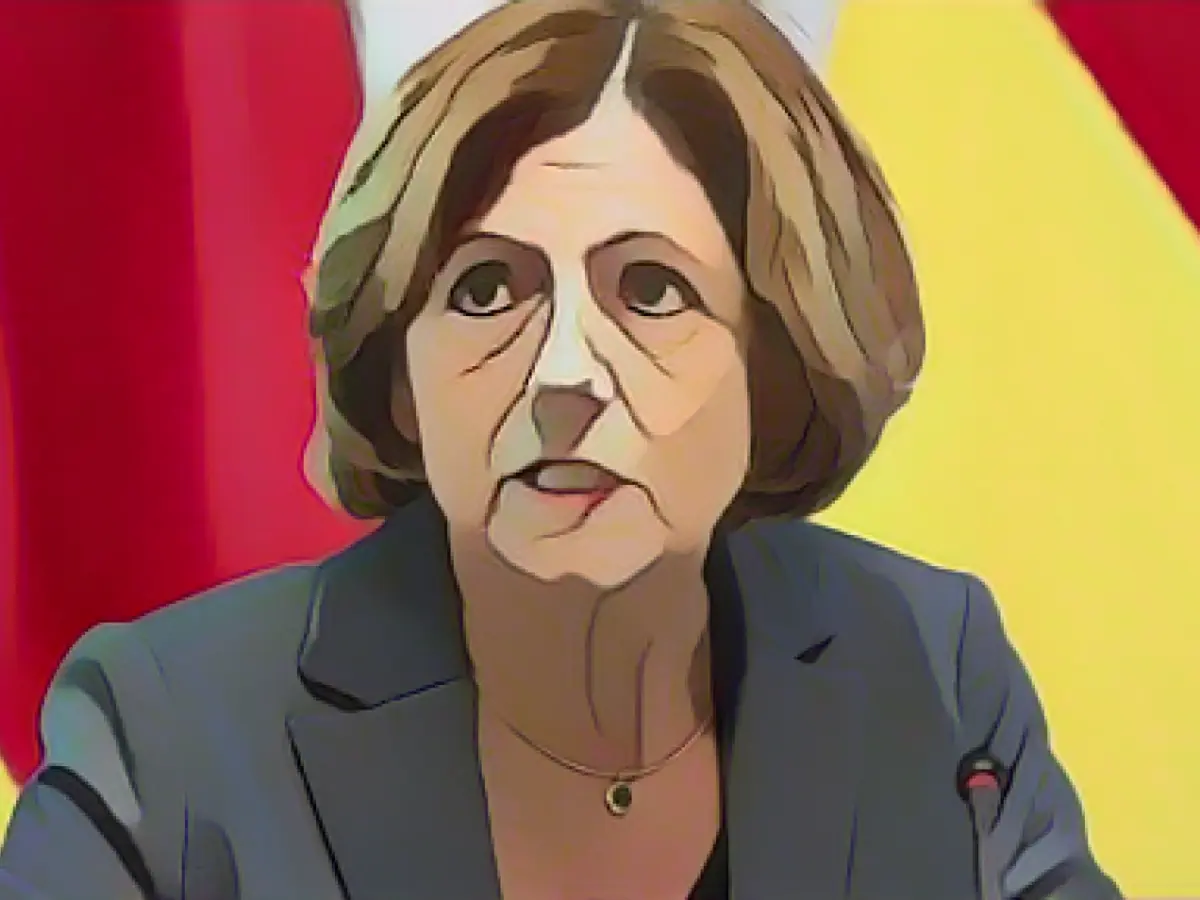Minsters Gather to Discuss Budget Crisis and Energy Prices
Federal Economics Minister Robert Habeck (Greens) is set to meet with energy and economy ministers of the federal states on Monday to discuss the fallout from the Federal Constitutional Court's ruling on budget finances. According to North Rhine-Westphalia (NRW) Economics Minister Mona Neubaur (Greens), this crisis meeting in Berlin aims to address the consequences of the court's rejection of transferring coronavirus relief funds to the national climate and transformation fund. This leaves the fund 60 billion euros short of needed loans.
With investments in a sustainable economy and modern infrastructure at risk, Neubaur emphasized the urgency to find ways to secure necessary subsidies and maintain economic stability. She encouraged cooperation across political parties, including the CDU and FDP in the federal government, to tackle this challenge.
Now, the unavailability of the price breaks for gas and electricity sparked concerns. Federal Finance Minister Christian Lindner (FDP) revealed the state gas and electricity price brakes would be discontinued at the end of the year, with no further payments from the economic stabilization fund or price breaks next year.
Facing the loss of 60 billion euros from the federal climate and transformation fund, the German government may need to provide extra funding to compensate for its absence. As energy prices could increase without the price brakes, this would significantly impact household expenditures and various industries within the federal states, relying heavily on economy stability.
Enrichment Insights: Potential Impacts and Solutions
With the closure of price breaks for gas and electricity, consumers could face higher energy costs. This could also pose challenges for financing subsidies, impacting vulnerable households and causing economic disruption.
Possible solutions include relaxing the debt brake by allowing for more borrowing to fund subsidies, creating a special debt-exempt fund, or implementing tax policy adjustments. Other alternatives include investing in renewable energy, energy efficiency programs, and social support measures.
Reintroducing some form of price regulation or public-private partnerships for energy projects could also help manage costs. Public awareness campaigns about energy conservation could reduce overall energy consumption as well.
The enrichment data reveals potential impacts and solutions to tackle the challenges brought forth by the Federal Constitutional Court's ruling, helping maintain economic stability and mitigate impacts on households and businesses.







